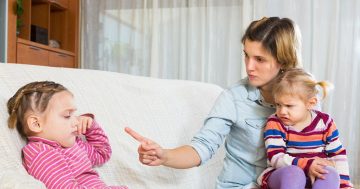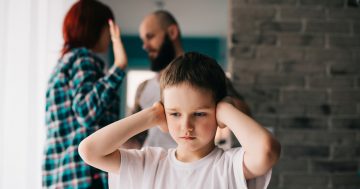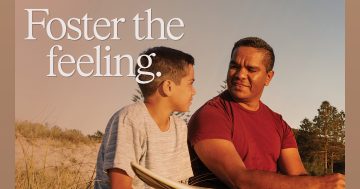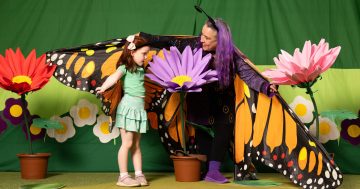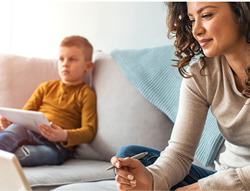 The Child and Adolescent Mental Health Service (CAMHS) has produced a list of tips aimed at helping parents begin sometimes difficult conversations with their children.
The Child and Adolescent Mental Health Service (CAMHS) has produced a list of tips aimed at helping parents begin sometimes difficult conversations with their children.
Announcing the new resource CAMHS said that with the advice it offers parents will be able to start exploring ideas to keep their children’s minds healthy — “and theirs too.”
“When a child or young person experiences a traumatic event, it is often unclear the types of reactions they might display, or how this event might affect them in the longer-term,” CAMHS said.
It said many children would experience some type of reaction following traumatic events, but fortunately, most were resilient and gradually returned to their previous functioning.
“However, there are some children and young people who continue to experience difficulties over time,” the Service said.
“Just as adults benefit from self-care, children of all ages do as well,” it said.
“Parents and carers can help children and young people to become aware of their own mental health and guide them to discover effective self-care activities.”
CAMHS said learning the skills was an important step towards independence and would give the children strong foundations to cope with stress in the future.
‘To begin, share your own feelings with your child to encourage self-awareness, then encourage your child to focus on the moment,” the Service said.
“Find social groups that help them feel like they belong; set aside time for low stress or solo activities and focus on articulating feelings such as ‘I am angry’ or ‘I am sad’.”
It urged parents to recognise toxic stress events; cultivate interests and hobbies; establish a self-care routine and encourage journaling and diaries.
Further information on CAMHS services can be accessed at this PS News link.


